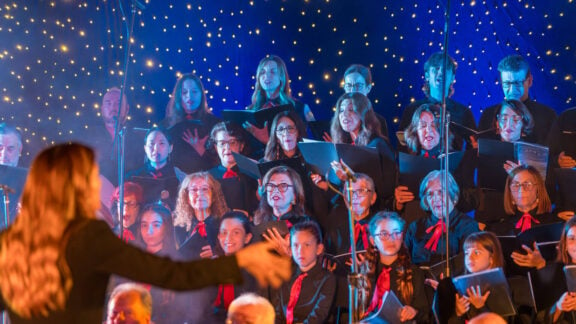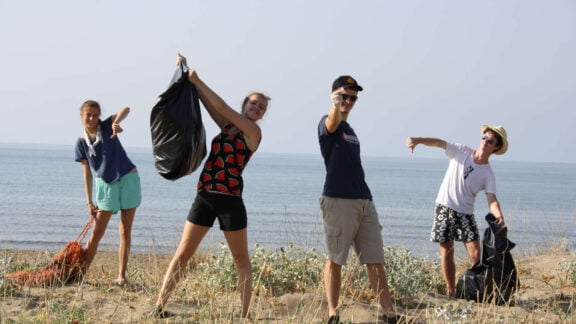I’ve argued often that the question isn’t whether a new crisis will occur but where and when. This time, it happened here in France, just a few weeks before the 2024 Paris Olympic Games. French politics proved once again their unpredictability.
Emmanuel Macron decided to hold legislative elections, but the timing was terrible; just a few weeks after the European elections on June 9, Marine LePen’s right-wing National Rally (RN) party won first place with 33 per cent of the vote. We’ll find out the reasoning behind Macron calling the elections when he did one day. For now, the focus is to see how a new government will take shape on July 18 when newly elected MPs sit for the first time in the National Assembly in Paris. No political party has 289 seats out of 577 needed to govern. Broad unity coalesced around left to centre-left The left elected 182 members, president Macron’s allies 168, Marine Le Pen’s National Rally 143, and the Conservatives 65.
Thankfully, the probability of faux pas appears low four days after the elections. Every time the Le Pen family comes close to power, there is a strong reaction in French society, voters, and political parties. This search for a new formation is about to happen right now. Over 220 candidates withdrew from the second round of the legislative elections to prevent Marine Le Pen’s candidate from being elected. As the result indicates, their goal was achieved.
In France, the “democratic arc”- as it is called – is a tradition whereby French political parties create transitory transitional electoral alliances that transcend political ideology and traditional divisions. It may be strange for Anglophone liberal democracies to understand how left-wing voters can vote for a conservative candidate, or vice versa, despite convictions and usual electoral behaviour. This is another French peculiarity.
Another example of the intricacies of France’s political system is. Voters must think holistically, not ideologically, to ensure the French Republic remains viable. In the face of a right-wing regime, it makes no difference what one’s political affiliations are, but rather the common set of values that have defined France since WWII to defeat the extreme right.
The National Council of the Resistance, a product of the multiparty system, has been a cornerstone of France’s contemporary institutions. It played a pivotal role in liberating France from its Vichy past and in shaping post-war France into a major industrial modern democratic republic. In the face of a major crisis, such as the one we are currently witnessing, the French political system has shown its resilience, triggering a chain reaction that allows it to heal its wounds and innovate once again.
This crisis seriously warns any party to stop ignoring the chasm between metropolitan areas that vote primarily for mainstream political parties and the rural regions that favour Marine Le Pen. This electoral division reflects two distinct viewpoints and perceptions of reality. A significant proportion of the French population that lives far from major centres feels abandoned by a Paris-centric government. There is serious disappointment in villages who – like many of the farming and rural classes worldwide- feel abandoned and left out of the benefits of modern global capitalism. At the same time, it is the agricultural sector; the farmers that feed the metropolitan centres are being squeezed by inflation, corporate distributors, high production costs, and sky-rocketing energy costs. And all without the benefits and services provided to citizens in the metropolises.
Post-COVID-19 symptoms persist across society. High inflation and low purchasing power continue to be pressing issues for ordinary people. These pressures pose a significant challenge for established French political parties in the short term. Even if they manage to deal with the current crisis, another will arise sooner or later, making things much more challenging to handle.
Something went wrong ideologically in the first quarter of the 21st Century. How is it conceivable that 1930s fascist ideas could arise again in 2024? What triggers the ideological rebound? In theory, this should never happen. The world we live in today has changed dramatically. Technological advancements are ushering humanity into a new era. However, people are sceptical of any benefits; they fear the power of foreign-owned social and tech giants—and in some cases, for good reason. All this impacts their voting behaviour.
Dr George Tassiopoulos is a Greek French political scientist, with a doctorate in political science from the University of East Paris. He was born in Athens, and has lived in France for the past 22 years where he teaches geopolitics in a business school in Paris.









